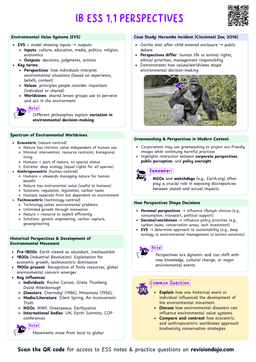The Impact of Excessive Consumption
Economic interests often prioritize short-term gains over long-term sustainability, leading to the depletion of natural resources.
Whaling is a clear example of how excessive consumption driven by economic demand has led to the near-extinction of several whale species.
Despite the shift towards conservation efforts, the historical exploitation of whales demonstrates how economic factors can undermine ecological sustainability.
Historical Context of Whaling
- For centuries, whales were hunted for their oil, blubber, meat, and bones, which were used in products like candles, soap, lubricants, and even as a source of fuel.
- The introduction of industrial whaling in the 19th century led to a massive increase in whale populations targeted for commercial exploitation.
The blue whale, once abundant in the Southern Ocean, became heavily hunted for its large amount of oil, resulting in a dramatic decline in population.
Economic Drivers of Whaling
The demand for whale products, particularly oil, created strong economic incentives for countries to engage in large-scale whaling.
- Oil industry reliance:
- Whale oil was a key source of lighting oil before petroleum products became widely available.
- Whales were seen as valuable assets rather than living creatures, motivating industries to overexploit whale populations.
- Profit-driven exploitation:
- Whaling nations, including the U.S., Japan, and several European countries, often prioritized profit from the whale oil trade over conservation efforts.
Consequences of Overhunting
- Population collapse: By the mid-20th century, whaling had caused the populations of many whale species to plummet to critically low levels.
- Loss of biodiversity: The depletion of whales disrupted marine ecosystems, as whales play an important role in nutrient cycling and maintaining balance in marine food webs.
The blue whale population is estimated to have been reduced by over 90% due to industrial whaling.
Whales contribute to carbon sequestration by transferring nutrients through their feeding and migration patterns, thus supporting marine life and contributing to climate regulation.
International Responses and Conservation Efforts
- International Whaling Commission (IWC): Established in 1946 to regulate whale populations and prevent overhunting, the IWC has implemented whaling bans for many species.
- Moratorium on commercial whaling (1986): The IWC imposed a global moratorium on commercial whaling to allow whale populations to recover.
- Sustainability in whale-watching tourism: As commercial whaling diminished, whale-watching became a growing industry, generating economic revenue without harming whale populations.
Norway and New Zealand have successfully transitioned to whale-watching tourism as a sustainable alternative to whaling.
Ongoing Threats and Challenges
- Illegal, unregulated, and unreported (IUU) whaling: Some nations, such as Japan, have continued commercial whaling under loopholes or outside of the IWC's regulations, undermining conservation efforts.
- Climate change: Changes in ocean temperatures and food availability are now impacting whale species' migratory and feeding patterns, threatening their survival.
- Bycatch and entanglement: Modern fishing practices, such as gillnets and longlines, inadvertently catch whales, leading to injuries and deaths.


